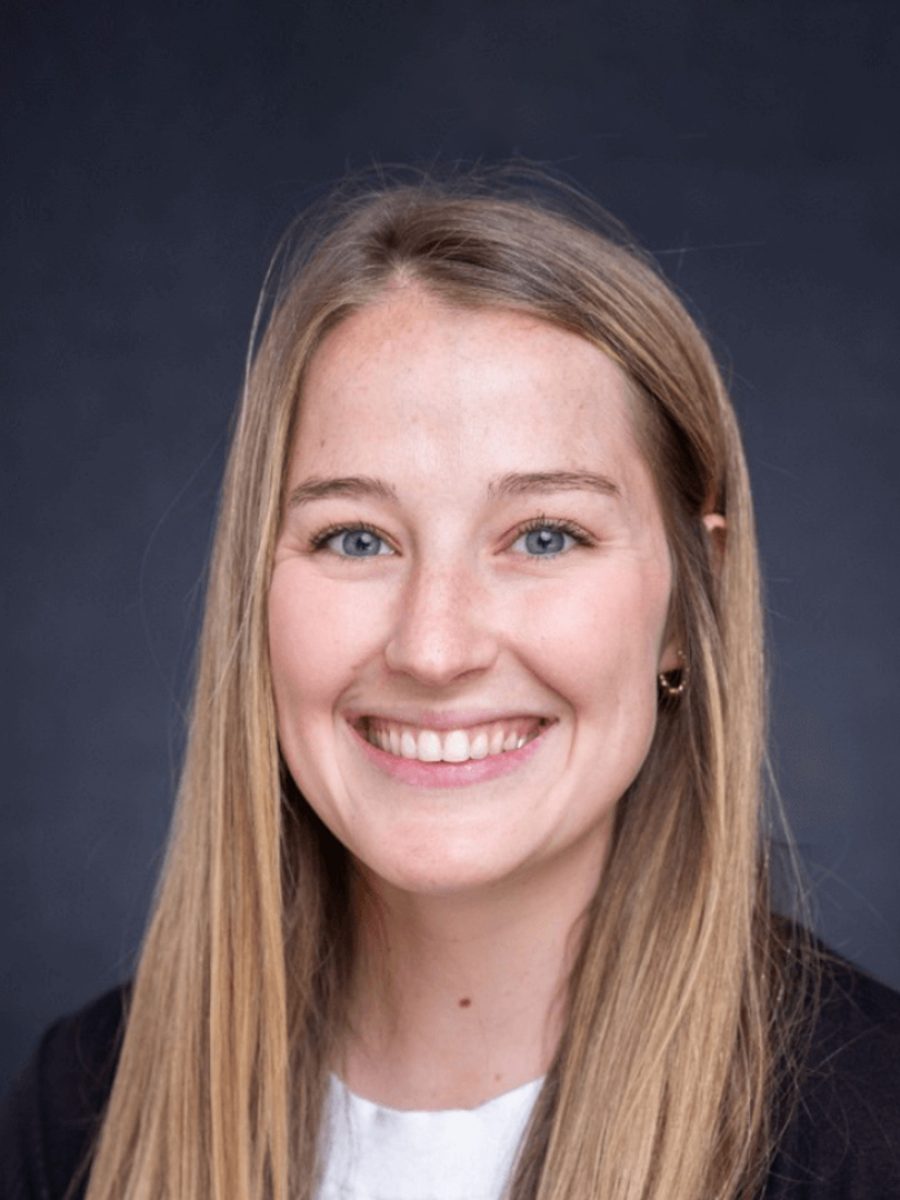Applying to an American Medical School
- Because we have so many international applicants express interest in attending Vanderbilt, we wanted to explain a bit how the American medical system works. This information is mainly for pre-med students who are in their baccalaureate studies abroad, and are not U.S. Citizens or Permanent Residents.
- The typical structure of American medical education is as follow: baccalaureate degree at any accredited institution, medical school, then residency training. During the baccalaureate degree phase, students may major in any subject they wish and take recommended courses to prepare them for medical school. They will next take the Medical College Admission Test (MCAT) exam and apply to a variety of allopathic medical schools that they can learn more about in the Association of American Medical Colleges‘ (AAMC) Medical Schools Admissions Requirements (MSAR) resource. Unfortunately, it is a competitive application process and not every qualified applicant matriculates to medical school. The typical four years of allopathic medical school leads to a M.D. degree, which is a general medical degree. In order to learn more about a specific area of medicine, and gain prescriptive and diagnostic rights, the M.D.
completes residency training. - In the U.S., candidates to allopathic medical schools need to apply through a common application called the American Medical College Application Service (AMCAS). The AMCAS application traditionally opens at the beginning of May for candidates to submit their application in early June. Starting in July, the medical schools the candidate applied to will be able to access the AMCAS application and will determine which candidates will move forward in their school specific application process. Because AMCAS cannot verify international (excluding Canadian) transcripts, Vanderbilt requires candidates to send a copy of their international transcripts (see Official Transcripts section below) once their AMCAS application has been verified and sent to medical schools.
- For U.S. medical schools, selected candidates will be invited to interview with the school. For Vanderbilt, interview season is typically from the beginning of September to the end of January. The final offers of acceptance are usually made at the end of February and we start class in mid-July. This year-long application process is the norm at all medical schools, but the specific dates may change, depending on the school.
- All candidates to Vanderbilt, and most other medical schools will need to complete the MCAT during the initial part of the application process. It is encouraged to take the MCAT by late spring/early summer of the calendar year before the candidates wishes to matriculate to medical school.
- Most medical schools, Vanderbilt included, participate in rolling admissions – reviewing applications in the order they are received. If a medical school lists their application deadline in AMCAS as October 31st, candidates who apply October 29th via AMCAS will most likely be too late in the admissions cycle to be considered for admission. Medical schools encourage applicants to apply at the beginning of the cycle.
- Vanderbilt’s holistic admissions process holds all candidates to the same high standards; other than the step regarding international transcripts, we do not have additional requirements for international students. In our incoming class of 96 students, we have no cap on how many of these students are international.
Accredited Institution
The university or universities that you have attended must be fully accredited. In most cases, students who have attended universities exclusively outside the United States have chosen to supplement their studies with at least one year of course work at an accredited university in the United States. If you have taken your coursework at an international university where English is not the language of instruction, your application may benefit from taking additional science courses at an English-speaking university.
Official Transcripts
Applicants who have completed college or university coursework at an institution in a country other than the United States or Canada must obtain a complete course-by-course evaluation of the native transcripts, degrees, and other relevant documents. In all instances, the evaluating agency will require original, official documentation. Please note, the evaluating agency must send both the course-by-course report and copies of the native documents. If the agency does not provide copies of the documentation used to do the course-by-course evaluation, the applicant must submit their official documentation to Vanderbilt. Please do not send us a copy of your transcripts until your AMCAS application has been verified, since AMCAS cannot verify international (except Canadian) transcripts. We encourage the candidate to email our office to let us know they have sent their transcript(s) to us; please include the AAMC ID number in that email as it helps us match up transcripts and applications in a prompt manner.
Evaluating agencies include:
World Education Services (WES)
Educational Credential Evaluators, Inc. (ECE)
Josef Silny & Associates, Inc. (Josef Silny)
Official transcripts and course-by-course evaluation reports should be sent to the following address:
Vanderbilt University School of Medicine
Attn: MD Admissions
PMB 407712
224 Eskind Biomedical Library and Learning Center
Nashville, TN 37240-7712
For further questions regarding prior degrees, please visit our University Registrar’s website.
Coursework
Vanderbilt University School of Medicine, like many American medical schools, requires applicants to have a baccalaureate degree from an accredited institution.
Because Vanderbilt has moved away from “prerequisites” and instead offers “recommendations,” we recommend international applicants ensure they have taken the proper foundational coursework for success. For most international candidates (not including Canadian applicants whose transcripts have been verified by AMCAS), it is recommended that they supplement their international coursework at an American university. This allows the admissions committee to feel confident in the candidate’s ability to thrive in medical school.
Extracurriculars and Other Expectations
Vanderbilt expects all applicants to have strong extracurricular involvement. This includes medical exposure, community engagement, leadership, and research. In addition, we recommend that candidates also think about activities that will set them apart from other competitive applicants.
Vanderbilt also requires letters of evaluation. These letters must be written in English for our admissions committee to read.
Visa
If you need a student visa (F-1 or J-1), you must be able to document that you have the financial resources to pay for (at a minimum) one year’s expenses each year. For more information on visas necessary for studying at Vanderbilt, see International Student & Scholar Services.
Costs for International Medical Students
Vanderbilt does not have specific aid opportunities set aside for only international students; admitted candidates to VUSM are eligible for both merit and need based scholarships regardless of citizenship status. To be eligible for Federal loans, you need a permanent resident visa or an immigrant visa if you are not a U.S. Citizen. Because international students are not eligible for federal aid, VUSM recommends that applicants line up loan opportunities before making a commitment to attend a U.S. medical school. A helpful website is Financial Aid for International Students. International students can generally obtain a private alternative loan if a U.S. Citizen or Permanent Resident is willing to co-sign the loan.
Transferring to Vanderbilt University School of Medicine
Due to the competency based curriculum at the School of Medicine, we do not accept transfer students. For candidates who wish to “start over” with medical school, they will need to apply to Vanderbilt via AMCAS. There is a section on the AMCAS application where candidates should indicate if there was a previous matriculation and will be able to explain what has occurred.
No matter what level of training individuals already have in medicine, all students will start at the same point in their medical education and will complete at least four years of medical education.
Attending Vanderbilt for a Baccalaureate Degree
If you are interested in attending Vanderbilt for a baccalaureate degree, please visit https://admissions.vanderbilt.edu/ as the application process is not handled by our office. The Office of Undergraduate Admissions also handles transfers for the baccalaureate degree.
Applying for a Visiting Student Rotation while a Medical Student at an International Medical School
For individuals who are completing an international medical degree, but wish to complete a visiting student rotation at Vanderbilt, that process is not handled by our office. We encourage the individual to review the information on our Visiting Medical Student website for more information. If you have any questions about the process, please email visitingmed@vanderbilt.edu.
Completing a Residency at Vanderbilt
For candidates who have an international medical degree, but wish to do their residency at Vanderbilt, that process is not handled by our office. We encourage the individual to review the website of their residency program of interest for more guidance.


